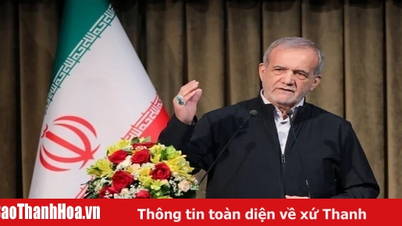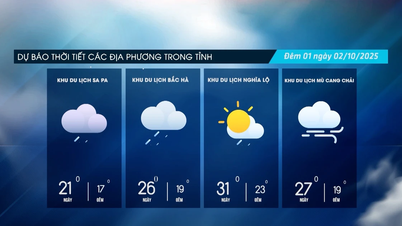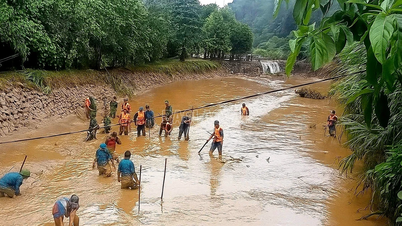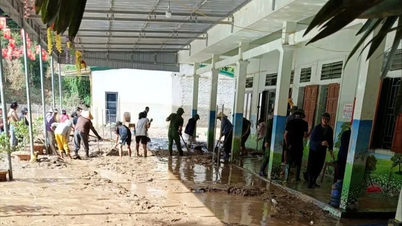
On April 14, Italy, the country currently holding the rotating presidency of the Group of Seven (G7), held an online meeting of the group's leaders to discuss Iran's attack on Israel.
G7 leaders have called on all parties concerned to reduce tensions and exercise restraint. In a joint statement, G7 leaders stressed "the need to avoid further escalation, calling on parties to refrain from actions that could aggravate tensions in the region."
“To this end, the G7 called for an end to the crisis in Gaza through a cessation of hostilities and the release of Hamas-held (Israeli) hostages. The G7 leaders also pledged to continue providing humanitarian aid to the Palestinian people,” the statement said.
Earlier, Iran and allied armed groups launched drone and missile attacks on Israel on the evening of April 13. Iranian Foreign Minister Hossein Amir-Abdollahian said on April 14 that Iran, at this time, no longer seeks to continue retaliatory military operations against Israel.
Meanwhile, the Turkish Foreign Ministry on April 14 also issued a statement calling on all parties involved to exercise restraint to limit the risk of a regional war. This call was made after Iran's unprecedented attack on Israel escalated tensions in the Middle East.
Meanwhile, some informed sources said that the US has asked Turkey to mediate with Tehran.
Israel maintains high alert after Iran attack
On April 14, the Israeli army said it remained on high alert after Iran's large-scale attack on the country.

In a statement, Israeli military spokesman Daniel Hagari stressed that the Israeli military remains on high alert and is assessing the situation. Hagari also said that within the past two hours, the Israeli military had approved attack and defense plans.
On the same day, Israel's war cabinet met to discuss Iran's attack on the country. However, the plan to retaliate against Tehran has caused division within Israel's cabinet.
Most ministers approved the counterattack, but internal disagreements remained over the timing and scale of the retaliation, sources familiar with the matter said. Israel's war cabinet is expected to continue discussions on the matter.
Also on April 14, Israeli Defense Minister Benny Gantz, who is also a key member of the country's war cabinet, said Iran would face Israel's response at the appropriate time and in the appropriate manner.
According to the Israel Defense Forces (IDF), Iran has launched nearly 350 attacks on Israel, including ballistic missiles, cruise missiles and drones. Most of these attacks were intercepted by Israel and its allies.
Previously, Iran announced that its attack on Israeli territory had "achieved its goals" and Tehran had no intention of continuing this operation.
Source




![[Photo] Hanoi morning of October 1: Prolonged flooding, people wade to work](https://vphoto.vietnam.vn/thumb/1200x675/vietnam/resource/IMAGE/2025/10/1/189be28938e3493fa26b2938efa2059e)

































![[Photo] Panorama of the cable-stayed bridge, the final bottleneck of the Ben Luc-Long Thanh expressway](https://vphoto.vietnam.vn/thumb/1200x675/vietnam/resource/IMAGE/2025/9/30/391fdf21025541d6b2f092e49a17243f)























































Comment (0)